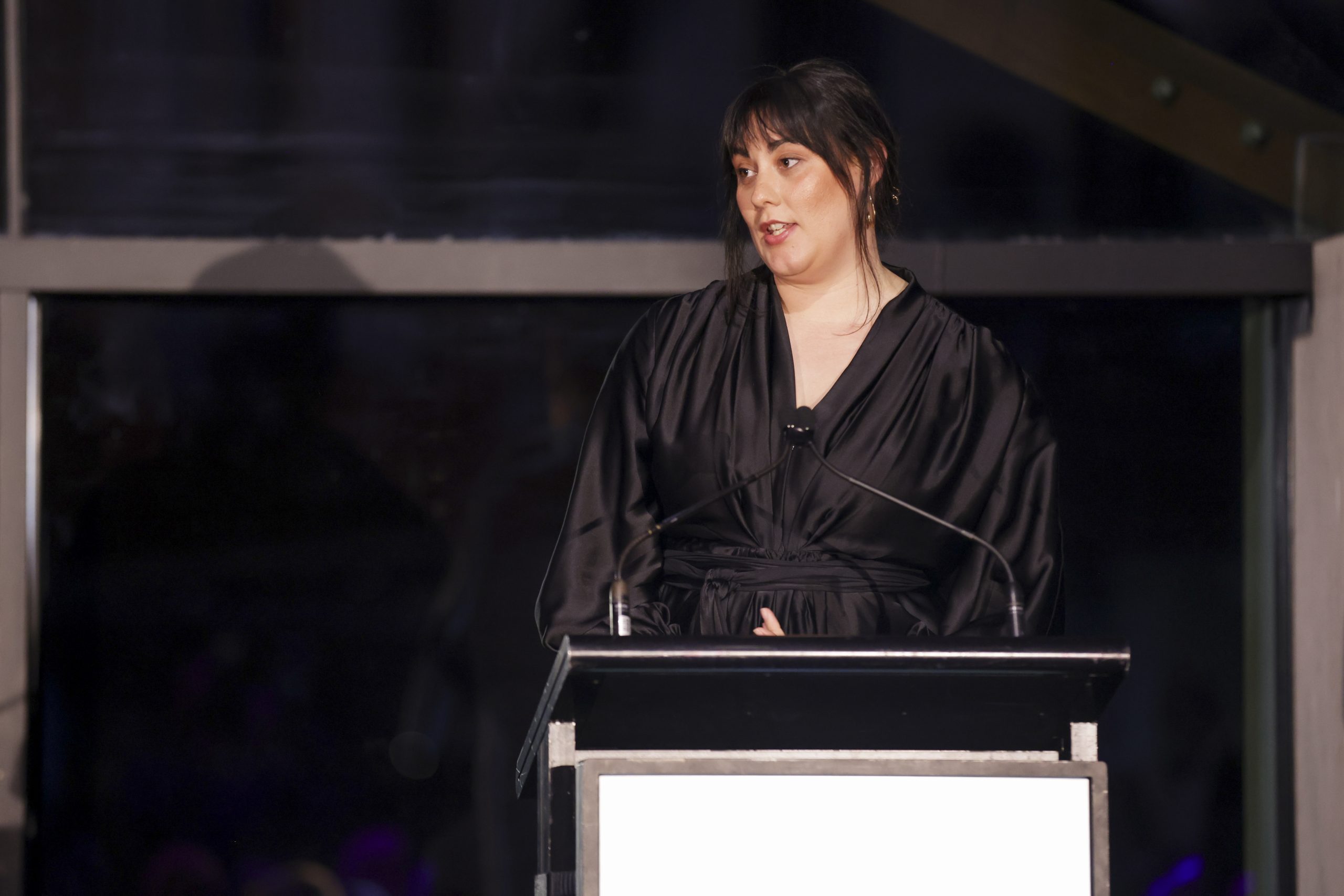Address to ATSE Awards Gala Dinner 2023
An address from CSIRO marine ethnoecologist Mibu Fischer.
Mibu FischerAn address from CSIRO marine ethnoecologist Mibu Fischer.
Mibu Fischer
I want to thank ATSE and Bronwyn Fox from CSIRO for the opportunity to address you all this evening.
I was a judge this year for the inaugural Traditional Knowledge Innovation Award and want to congratulate the team and all nominees for the wonderful work they are doing and I can’t wait to see more of it in the future.
Today it was a real privilege to listen to the new fellows during their showcase panels, congratulations to you all. The breadth of work and thinking being undertaken is immense. And it’s encouraging to hear that there is openness to widen ways of thinking to approach our shared challenges.
With that in mind, I was hoping to share some of my STEM journey with you and highlight aspects that speak to the theme of breaking barriers.
I started as a cadet in 2009 and have had numerous positions since, including lab tech and RA in aquaculture. During this time I tried to avoid being pigeonholed into Indigenous science/activities. But being proud of my ancestry I succumbed and became one of a few go to Aboriginal people at work.
Being one of a few meant the cultural burden fell heavily on a small number of people. And working as a researcher who happens to be Indigenous with the cultural load on top has meant effort focussed on cultural activities and engagement has taken away time from science. And this has been at the cost of career progression, the work is not valued in our promotion systems.
CSIRO has been addressing these barriers committing to cultural advisory officers who are taking on tasks like ensuring our organisation is on track with meeting our RAP deliverables. But as a collective body of STEM professionals and changemakers there is still a long walk ahead for all of us.
For myself that walk so far, has been an incredibly taxing one. Ensuring I am walking in both worlds effectively and creating space for the young ones coming up behind me. For me the opportunity for my voice to be heard is a conflict for myself between feeling privileged to having my voice heard and feeling like a fine line to being a box ticker – as I have for many years as a young Aboriginal woman in science – it takes a lot of energy to feel like I belong in spaces like this because of my accomplishments and not my identity.
Academia or bureaucratic processes in STEM is often challenged about how to allow multiple worldviews, for alternate kinds of knowledge production and this can often come down to the old notion that western society is the pinnacle of human achievement (Luke Pearson, IndigenousX). Viewing knowledge production from this lens has resulted in the othering, devaluing and under appreciation for what other cultures do differently. I think it’d be important for STEM to consider diversity beyond its workforce but also in projects, problems and questions we are asking.
That the ways in which we need to view a problem in order to find a solution can be different and that it’s okay to include alternate ways of thinking like our indigenous knowledge systems, because they are respected by people like you in this room.
Thank you.
This speech was given to the ATSE Awards Gala Dinner on the 26th of October 2023.